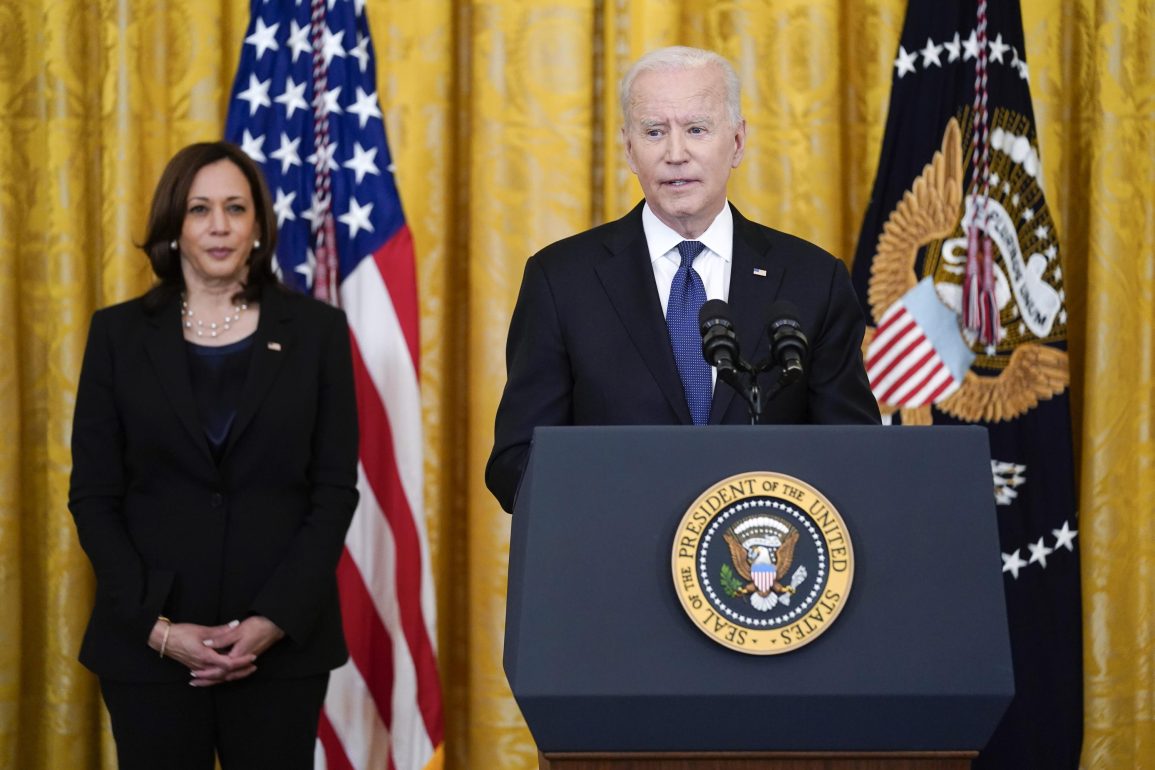Environmental activists and left-leaning political entities have consistently promoted the notion that climate risk equates to financial risk, pressing blue states and the Biden Administration to address it as a priority. In recent developments, several states have taken legal action against oil and gas companies, accusing them of deliberately obstructing clean energy initiatives.
For example, California has charged oil companies with a long-term conspiracy to block clean energy progress. Critics, including Consumers’ Research, argue that these lawsuits are counterproductive and have filed an amicus brief with the Supreme Court to challenge what they consider to be litigation abuse, which they believe raises costs for consumers.
The push for these lawsuits is rooted in the belief that climate risks are fundamentally financial risks. However, an examination of the Biden Administration’s own study on climate risk suggests that these risks are overstated. The Administration’s policies and actions aimed at addressing climate risk have inadvertently revealed flaws in the environmental movement’s claims, exposing the speculative nature of their assertions.

Upon taking office, President Biden directed executive agencies to evaluate “climate-related financial risk” to the stability of the U.S. financial system. This led to various agencies, including the Treasury and FDIC, declaring climate change as a significant threat to financial stability.
The SEC introduced new climate risk disclosure rules that impose substantial regulatory burdens, reflecting the Administration’s urgency in addressing perceived financial risks associated with climate change.
However, the Administration struggled to provide robust evidence for the existence of “climate-related financial risk.”
The 2021 report by the Financial Stability Oversight Council, which served as a basis for regulatory changes, admitted to significant gaps in evidence supporting the claim that climate change could pose shocks to the financial system. This lack of concrete evidence undermines the justification for the new regulations and interventions.
In response to criticism, the Biden Administration created its own scenarios to simulate extreme climate risks, such as severe hurricanes and stringent climate policies, to demonstrate potential impacts on the financial system. Despite these efforts, the simulations showed minimal impact, with only a slight increase in loan default probability.
This contrasts sharply with the substantial effects observed in traditional financial stress tests. Furthermore, the Administration’s climate scenarios indicated that implementing net-zero policies could lead to high financial costs for Americans, suggesting that the real financial risk may be the economic burden of such policies rather than the climate risks themselves.

